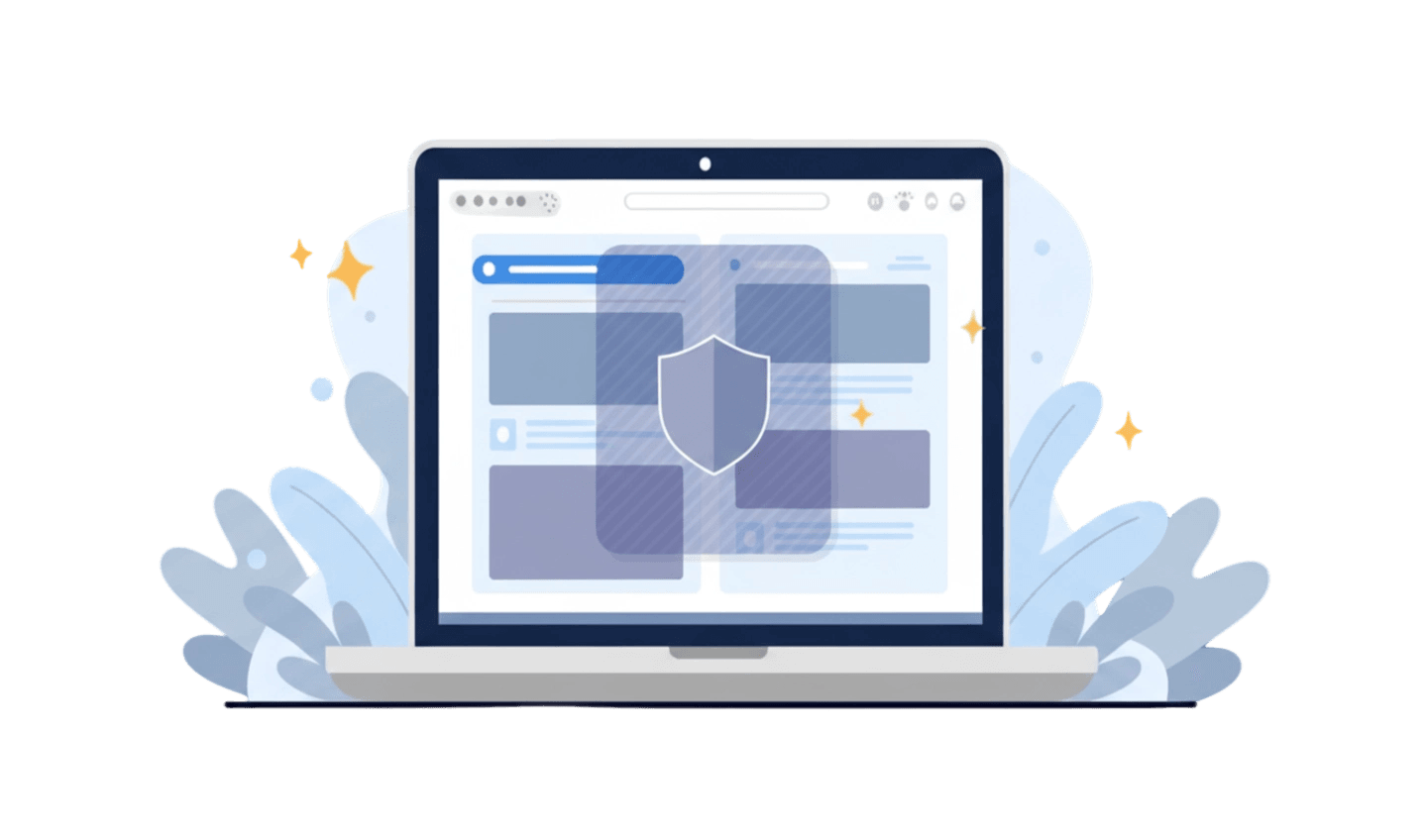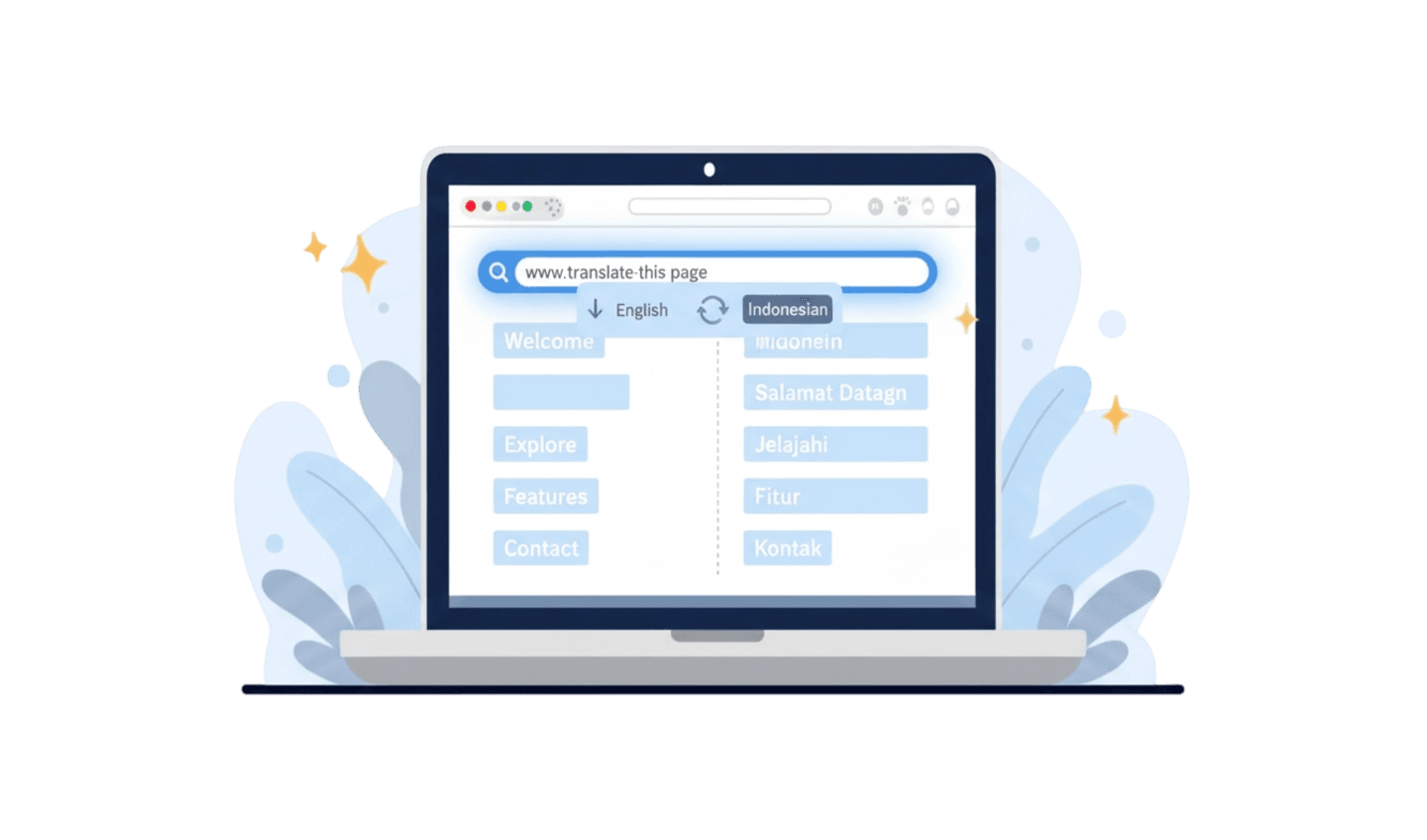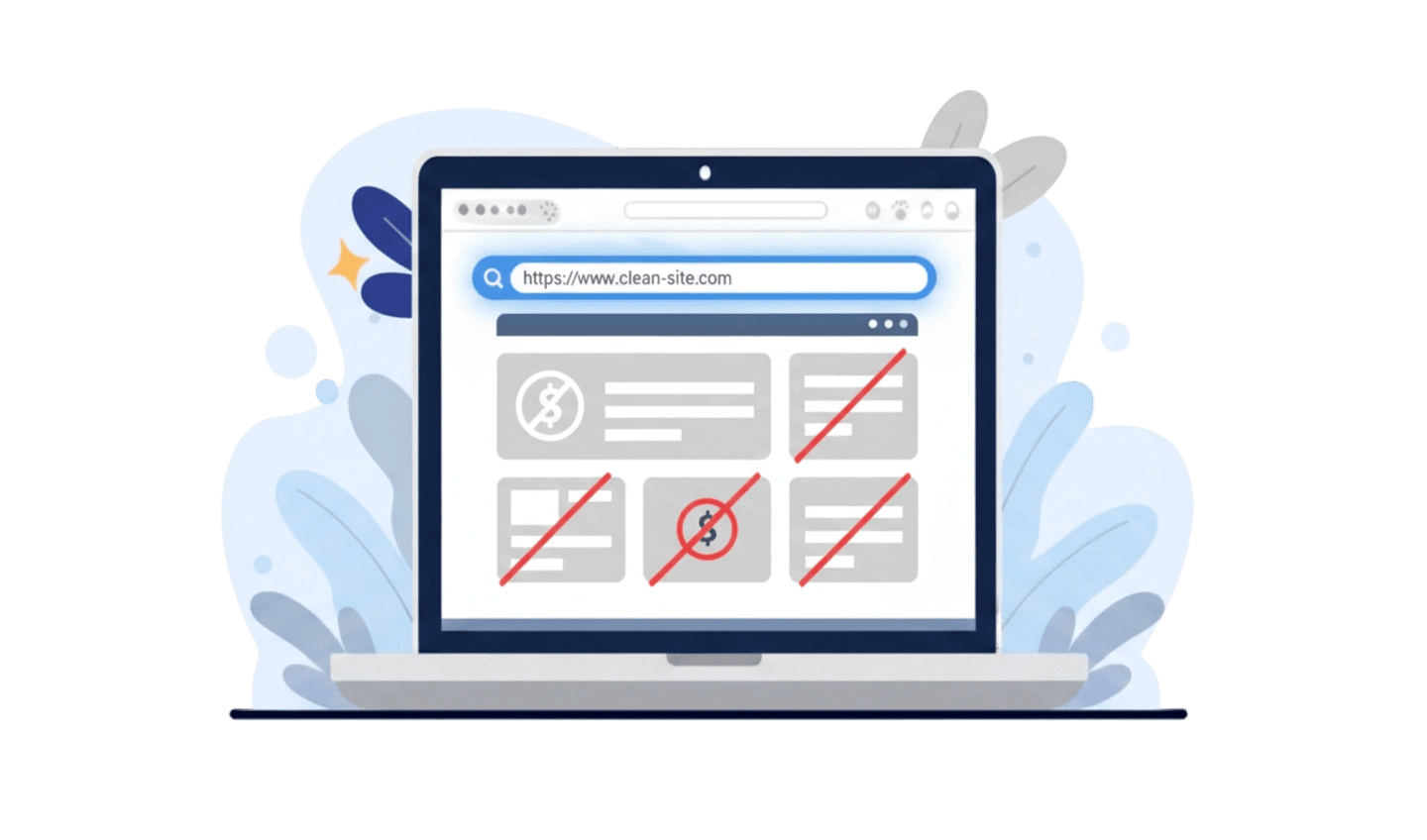Selecting the right browser is crucial for safeguarding your online privacy and security. Many traditional browsers track user activity and retain personal data, exposing individuals to potential surveillance and targeted advertising. A private browser online addresses these concerns by incorporating features designed to enhance user privacy, such as data encryption, cookie management, and built-in VPNs. These tools empower users to take control of their online experiences and protect their sensitive information.
In this guide, we will explore the essential factors to consider when choosing the best private browser, enabling you to navigate the web securely and confidently while preserving your personal data. By understanding the features that matter most, you can make an informed decision and enjoy a safer online experience.
Part 1:How Are You Being Tracked on the Web Right Now?
Cookies and digital fingerprinting are the main culprits when it comes to tracking your online activities, and they raise serious privacy concerns.
Cookies are small pieces of data that websites store in your browser. They help remember things like your login details and what’s in your shopping cart, making it easier to use the web. However, problems arise with third-party cookies. These cookies come from companies like Google and Facebook that aren't directly related to the site you're visiting. They can track your browsing habits across different sites, gathering information about what you do online. While many free private web browsers try to block these third-party cookies, popular browsers like Google Chrome still support them.
On the other hand, digital fingerprinting takes tracking to another level. It builds a unique profile of you based on your device's settings, including your browser type, operating system, time zone, language, and even your screen resolution. This means that even if you disable third-party cookies, websites can still identify you through your digital fingerprint, making it a bigger privacy issue. Unfortunately, you can’t simply delete your fingerprint like you can with cookies; unless you switch devices or use an anonymous web browser online that helps randomize this information, you’ll stay identifiable.
Additionally, some websites add a long string of characters to URLs when you copy them, which can also reveal your identity. To combat this kind of tracking, you can use an incognito browser online or a private web browser free that has features to protect your privacy. Browser extensions like ClearURLs can also help by removing these identifiers from your URLs. By choosing a private web browser free, you can browse more securely and enjoy a safer online experience.
Part 2:What can Private Browser Online Help?
A private browser online can significantly enhance your web experience by providing a secure space to search without the constant worry of being tracked or monitored by big tech companies. This is especially important in a world where personal data isn't just valuable; it's often exploited. By using a private web browser online, you can enjoy numerous benefits that prioritize your privacy.
First and foremost, a private browser online allows you to browse the internet without leaving behind traces of your online activities. It achieves this by not saving your browsing history, cookies, or site data. This feature is particularly useful when you’re using shared or public devices, as it ensures that other users cannot see what you’ve been searching for. Just as private search engines help filter out your information, an online privacy browser complements this by keeping your online activity hidden.
In addition, anonymous browsers online reduce the amount of targeted advertising you encounter. Many popular web browsers track your online behavior to tailor ads to your preferences. However, private browsers limit this tracking, helping to create a less intrusive browsing experience. This aligns well with the benefits of private search engines, which aim to provide relevant results without compromising your personal data.
Lastly, many anonymous web browsers online incorporate features like integrated VPN services, which encrypt your internet connection. This encryption adds an important layer of security, making it difficult for hackers and surveillance agencies to access your data. Together with private search engines, a private browser online offers a comprehensive approach to online anonymity, allowing you to search and browse securely.
In summary, using a private browser online helps reinforce your privacy and security by preventing tracking, reducing targeted ads, and offering encryption. When combined with private search engines, you can navigate the internet confidently, knowing your digital footprint is minimized and your personal information is better protected. Whether you're researching sensitive topics, shopping online, or simply browsing, this combination of tools empowers you to maintain control over your online activities while enjoying a safer internet experience.
Part 3:The Best Private Browser : A Comparitive Guide
1. UC Browser
UC Browser offers advanced protection for your online activities with features like data encryption and website tracking interception. When you activate the VPN, it effectively blocks trackers to safeguard your data privacy, ensuring your browsing remains undetectable. Additionally, the private browsing mode allows you to surf the internet without leaving any traces, as it doesn’t save your search history or page visits. With UC Browser, you can enjoy a private web browser online experience that prioritizes your security and anonymity.
2. DuckDuckGo
DuckDuckGo (DDG) is a well-known anonymous browser online that's popular for protecting your privacy. It does not create user profiles, which means everyone sees the same search results. This helps prevent online tracking, making it a safer choice for those who care about their privacy. However, DuckDuckGo relies on Yahoo! and Microsoft Bing for its search results. So, if those sources don't perform well, you might notice subpar results in DuckDuckGo too.
3. Microsoft Edge
Microsoft Edge provides several privacy features, including built-in tracking prevention with three customizable levels: Basic, Balanced, and Strict. It also includes InPrivate browsing mode to prevent history and data from being saved. However, Edge lacks a built-in VPN and collects user data for service improvements. While it offers improved privacy options compared to some other mainstream browsers, it does not have a VPN for added security.
4. Chrome
Chrome is well-known for its speed, user-friendly design, and extensive library of extensions. However, it is important to note that Chrome does not prioritize user privacy, as it collects data on user activity for personalized advertising. While Chrome offers an incognito mode that prevents browsing history from being saved, it does not prevent external tracking by websites or ISPs.
5. Firefox
Firefox is a highly regarded browser focused on privacy and user control. It features Enhanced Tracking Protection, which blocks many trackers and third-party cookies by default, providing a safer browsing environment. Firefox is also customizable, allowing users to adjust privacy settings and add extensions to enhance security further. Unlike some other browsers, Firefox does not have a built-in VPN.
Part 4:How to Choose Best Private Browser?
Selecting the best private browser online is essential for protecting your online privacy and enhancing your browsing experience. Start by focusing on privacy features; look for browsers that do not track user activity or store browsing history. Browsers like UC Browser, Brave, and DuckDuckGo are known for their robust privacy protections, including data encryption and ad-blocking capabilities.
Next, consider whether the browser offers built-in VPN options or tools to enhance anonymity. A private web browser online with a VPN can provide an extra layer of security by masking your IP address and encrypting your data. Additionally, look for browsers that allow you to manage cookies effectively, helping to control tracking cookies and online advertisements.
Ease of use is another key factor. The best online privacy browsers should provide intuitive navigation and user-friendly interfaces. It’s also beneficial to select browsers that offer customization options, allowing you to tailor settings to fit your privacy preferences.
Lastly, read user reviews and expert opinions to assess the reliability and performance of the browser. By prioritizing these aspects, you can choose a private browser online that meets your privacy needs and ensures a secure, enjoyable browsing experience.
Conclusion
Choosing the right private browser online is crucial for maintaining your online privacy and security. By focusing on key features such as data protection, cookie management, and built-in VPN options, you can effectively safeguard your personal information while browsing the internet. UC Browser is an excellent choice in this regard, offering advanced privacy features like data encryption and website tracking interception, along with a user-friendly interface and customizable settings that enhance the browsing experience. As tracking and data surveillance become increasingly common, taking the time to research and select an effective online privacy browser can empower you to take control of your digital footprint. By prioritizing these considerations, you can enjoy a more private, secure, and enjoyable online experience that aligns with your privacy goals. Whether you are researching sensitive topics, shopping online, or simply browsing for leisure, a trustworthy private browser will help ensure that your personal data remains protected.









